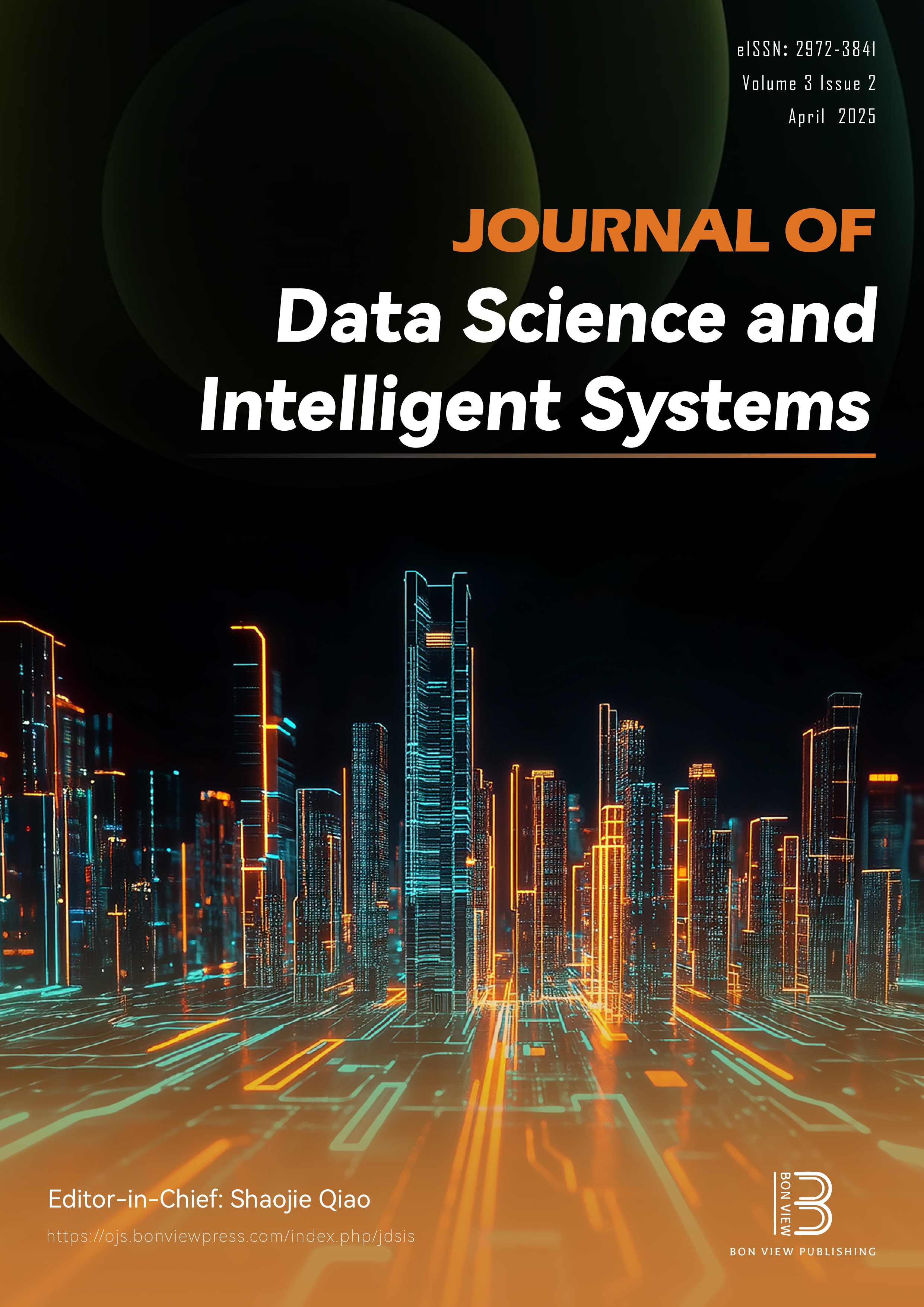Climate Data Imputation and Quality Improvement Using Satellite Data
DOI:
https://doi.org/10.47852/bonviewJDSIS42022857Keywords:
meteorological data imputation, machine learning, weather data cleaning, solar irradiance forecasting, renewable energy, climate changeAbstract
Combating climate change has emerged as a global concern recently, and meteorological data remain an important measure for analyzing and predicting climate trends. However, ground weather stations and sensors can be impacted by faults due to accidents and unreliability, often resulting in, for example, missing data and lowering the overall quality of the data. This paper explores the impact of using satellite data as an input feature for machine learning algorithms. In particular, temperature, pressure, wind speed, and global horizontal radiation data are imputed using various machine learning algorithms to overcome potential data quality issues resulting from the ground stations. The results from two experiments highlight that the performance of the algorithms significantly increases by using satellite data as input features. For instance, the incorporation of satellite data improved the R2 values for temperature prediction using Random Forest and XGBoost to 0.86 and 0.84, respectively, demonstrating a notable enhancement compared to models without satellite data. The paper discusses several implications of these findings and outlines future research directions to further enhance the predictive accuracy of meteorological data imputation using satellite inputs.
Received: 17 March 2024 | Revised: 21 May 2024 | Accepted: 21 June 2024
Conflicts of Interest
The authors declare that they have no conflicts of interest to this work.
Data Availability Statement
The data that support the findings of this study are not publicly available due to privacy concerns. However, anonymous data are available on request from the corresponding author on reasonable request.
Author Contribution Statement
Kadhim Hayawi: Conceptualization, Validation, Formal analysis, Resources, Data curation, Visualization, Supervision, Funding acquisition. Sakib Shahriar: Methodology, Software, Investigation, Writing - original draft, Writing - review & editing. Hakim Hacid: Validation, Resources, Visualization, Supervision, Project administration.
Downloads
Published
Issue
Section
License
Copyright (c) 2024 Authors

This work is licensed under a Creative Commons Attribution 4.0 International License.
How to Cite
Funding data
-
Zayed University
Grant numbers RIF Grant 23069


